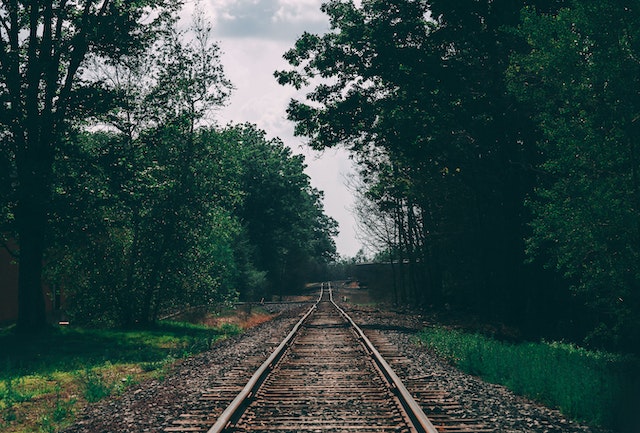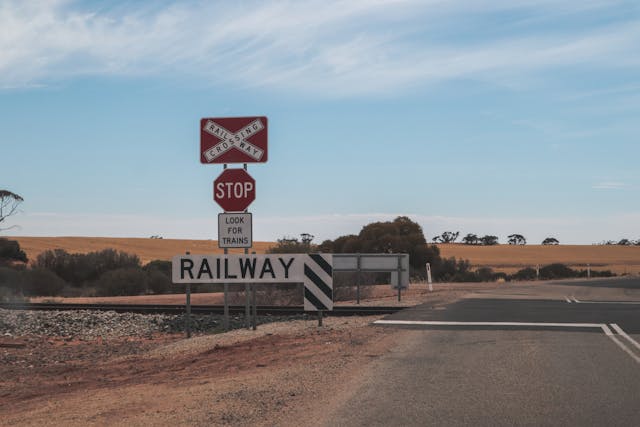As the novel coronavirus, also known as COVID-19, sweeps the nation, some of America’s most vulnerable people, those afflicted with cancer, have been severely affected. Studies have demonstrated that cancer patients appear to be more susceptible to the virus and have consistently suffered poorer health outcomes than COVID-19 patients without cancer.
COVID -19 cases across the country have topped 1 million and over 60,000 Americans have died from the virus according to the Centers For Disease Control (CDC). That’s more people than died in the Vietnam War.
At the same time, over 1.7 million Americans were diagnosed with cancer in the United States in 2019. Over 600,000 people died from cancer last year.
When the lethal virus combines with cancer care and treatment, even more deadly results ensue. Published by the American Association for Cancer Research, researchers have found that cancer patients, particularly those with blood cancers, lung cancer, and cancer that has metastasized are three times as likely to die from COVID-19.
The reason for this is that cancer patients are older, sicker, and more immunocompromised than the general population. Additionally, the COVID-19 pandemic has resulted in delays in treatment, shortages of medications, and the suspension of clinical trials. Consequently, these vulnerable individuals are more likely to fall victim to COVID-19.
Researchers published in the journal, Cancer Discovery, have found: “Based on our analysis, COVID-19 patients with cancer tend to have more severe outcomes when compared to the non-cancer population. Although COVID-19 is reported to have a relatively low death rate of 2-3% in the general population . . . patients with cancer and COVID-19 not only have a nearly three-fold increase in the death rate than that of COVID-19 patients without cancer, but also tend to have much higher severity of their illness.” The researchers concluded that “these findings suggest that patients with cancer are a much more vulnerable population in the current COVID-19 outbreak.”





